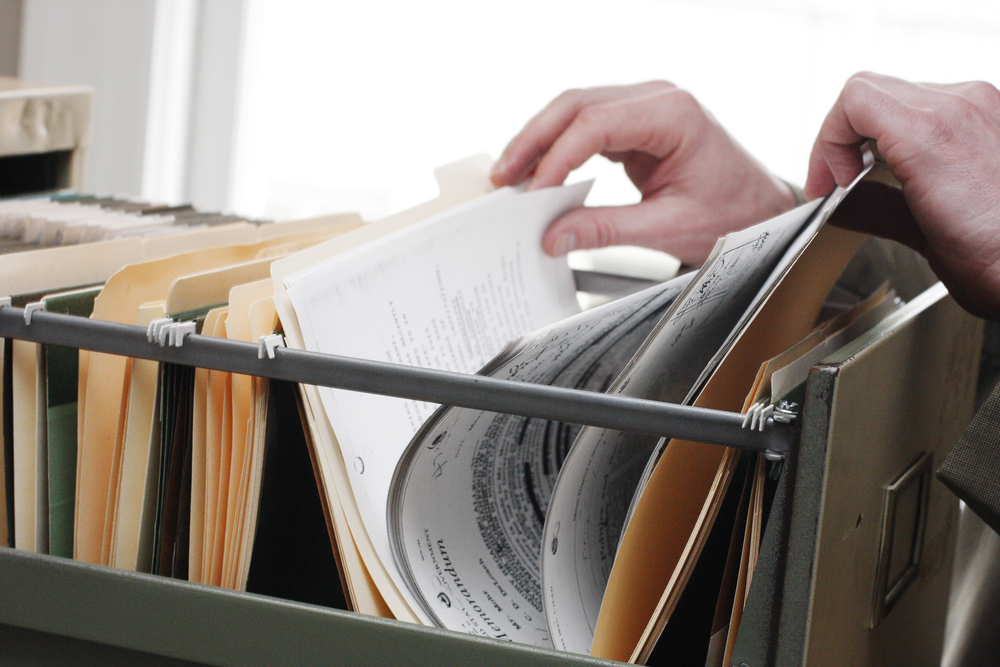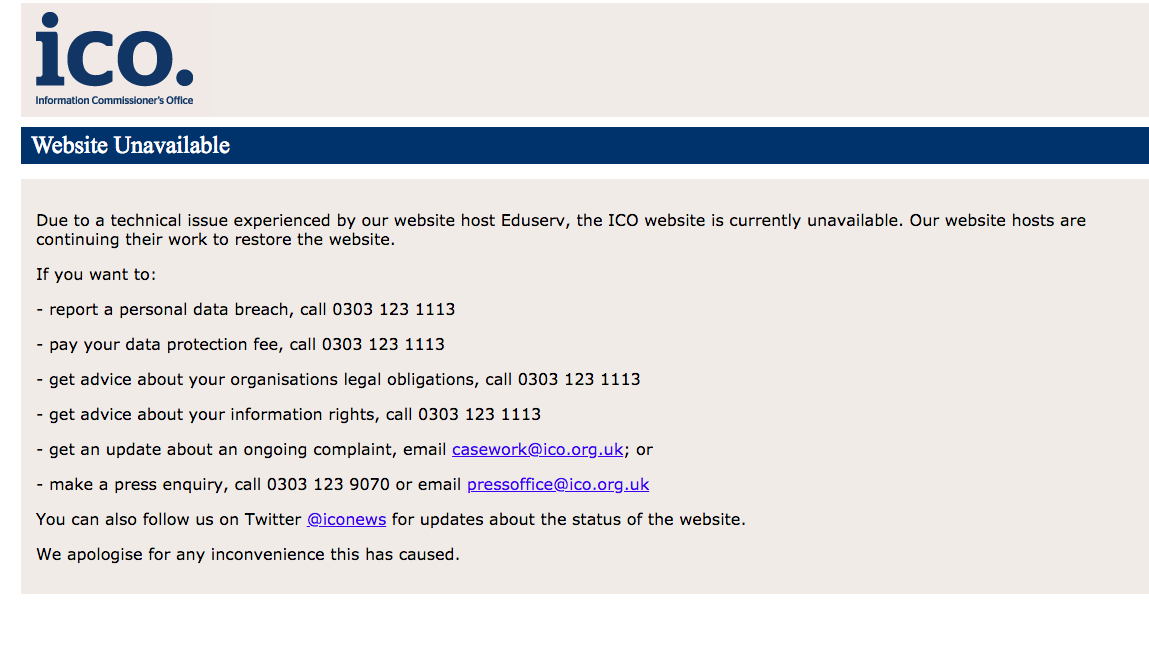Lessons to learn from a year of data breaches
In the year since the HMRC data breach, many more have been made public – here’s a roundup of 11 lessons (we should have) learned.


It was the data breach that kicked it all off a year ago this week, the government admitted HM Revenue and Customs had lost two discs containing records on 20 million people.
The tax body had dumped data on a third of the population including children onto a pair of unencrypted discs and sent them off with a courier, not once, but twice.
In the uproar that followed, more and more stories about data breaches in the public and private sector began to be noticed and reported. Indeed, since the mess at HMRC, some 277 such mishaps have been reported to data watchdogs at the Information Commissioner's Office (ICO). Lost USB drives, stolen laptops and even papers left on a train have left millions of people in this country open to identity theft and fraud not to mention, a bit pissed off.
The government responded with amusingly ignorant debates in Parliament and massive reports two were released in one day offering reams of advice on how to avoid another HMRC.
But it's not exactly rocket science, now is it? In case you haven't been paying attention, we've gathered up the top 10 lessons to be learned from this year of data breaches.
Lesson One: The public wants to know about data breachesIt's no surprise newspapers jumped all over the HMRC incident. Uncovering a massive government error, caused by funding cuts and incompetence, is the stuff of happy dreams for journalists trust us on this one.
The tale of millions of records including banking details going missing because of such complete and utter foolishness didn't sit well with the public at all. And it shouldn't. Everyone affected faces identity theft and fraud because of incidents like this one; phishing attacks based on the HMRC debacle have already occurred, and those didn't even require the discs to fall into the hands of criminals.
Sign up today and you will receive a free copy of our Future Focus 2025 report - the leading guidance on AI, cybersecurity and other IT challenges as per 700+ senior executives
So HMRC became a watershed. The odd big data breach was covered by the press before last November, but usually only if the story was connected to a large fine. Now, every lost laptop or misplaced memory stick was cause for a headline and outrage. The public you, me and everyone else had learned that poor data management could hurt them.
Unsurprisingly then, people have started calling for data breach notification laws. Companies are not legally required to tell their customers and citizens when data goes missing, but surveys have suggested the general public want such legislation, even if IT directors aren't so enthusiastic. Lesson Two: People can be sackedIt's something many people have called for over the past year someone to be held responsible for data losses. While the head of HMRC Paul Gray did step down after the breach, it was also for overall organizational concerns, which were certainly highlighted by the breach, but not the only symptom of troubles at the tax body.
But since then, laptops and USBs and discs have disappeared, and no one has been publicly sacked except in one case, involving Colchester Hospital.
Freelance journalist Nicole Kobie first started writing for ITPro in 2007, with bylines in New Scientist, Wired, PC Pro and many more.
Nicole the author of a book about the history of technology, The Long History of the Future.
-
 New Zealand privacy commissioner tipped to become next ICO head
New Zealand privacy commissioner tipped to become next ICO headNews John Edwards is said to be an 'anti-Facebook' regulator who would fit well in the UK's plans to clamp down on big tech
-
 What is a freedom of information (FOI) request?
What is a freedom of information (FOI) request?In-depth We look at the mechanism citizens can use to hold public bodies to account
-
 ICO hints at Facebook hypocrisy over data protection goals
ICO hints at Facebook hypocrisy over data protection goalsNews Elizabeth Denham asks Facebook to drop appeal after CEO's call for greater internet regulation
-
 ICO to investigate Google over GDPR violations
ICO to investigate Google over GDPR violationsNews UK Watchdog to liaise with other European regulators over 'forced consent' push by the tech giant
-
 ICO myth-busts on the flow of data post Brexit
ICO myth-busts on the flow of data post BrexitNews The Information Commissioner explains how data will move between the UK and EU in a no-deal scenario
-
 Leave.EU faces big fine over data law breaches
Leave.EU faces big fine over data law breachesNews Information commissioner reveals Leave.EU was fined a total of £75,000 for “serious breaches”
-
 ICO website knocked offline for more than 24 hours
ICO website knocked offline for more than 24 hoursNews The outage was caused by an “unprecedented electrical surge” that damaged its host’s circuits
-
 Elizabeth Denham appointed ICO boss
Elizabeth Denham appointed ICO bossNews Denham will be tasked with helping the UK leave the EU without any knock-on effects on privacy


